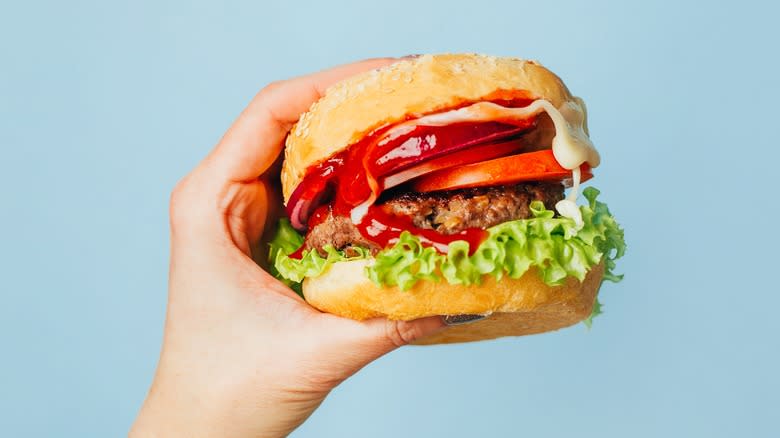How Food Holidays Originally Started

National food holidays have become a ubiquitous and playful facet of the American landscape, offering an impressive array of celebrations dedicated to various edible delights. There's National Pizza Day on February 9, National Cheesesteak Day on March 24, National Nutty Fudge Day on May 12, and National Mochi Day on August 8, to name a few. These days of observance have evolved over time, and some have certainly weaved themselves into the fabric of our collective consciousness.
The origins of these delicious occasions are diverse and often rooted in a combination of cultural, historical, and marketing influences. One of the earliest events can be traced back to the early 20th century. In 1909, California's raisin growers advocated for National Raisin Day to come to fruition. As the country urbanized and diversified, even more of these food-centric celebrations were established.
Many of these days are initiated by passionate individuals, food enthusiasts, or industry groups eager to promote their favorite dishes and ingredients. For instance, National Pie Day, which falls on January 23 annually, was created by the American Pie Council in 1986 to honor the beloved dessert. Such efforts have gained momentum through community engagement, eventually garnering widespread recognition.
Read more: The Most Unique Chip Flavors Ever To Grace Store Shelves
There's A National Day For So Many Foods

It may not be surprising to hear that businesses and industries have played a pivotal role in popularizing food holidays. In some cases, these celebrations are strategically crafted to boost sales and promote specific products. An illustrative example is National Donut Day, the first Friday of June, which originated during World War I when the Salvation Army provided doughnuts to soldiers. Today, it serves as a promotional tool for bakeries coast to coast.
The legal procedure of formalizing these food holidays into official calendar events varies. In the United States, for instance, the process often involves petitions, advocacy, and legislative action. Organizations and enthusiasts may lobby lawmakers to certify a specific date as a day dedicated to a particular food item.
However, not all food holidays follow the legislative route, and technically anyone can submit an idea to the National Day Calendar. Some gain awareness through more unofficial channels, propelled by social media campaigns and public enthusiasm. International events, such as World Chocolate Day on July 7, are often acknowledged through collaborative efforts across borders, demonstrating the interconnectedness of the culinary realm.
The phenomenon of national food holidays has evolved organically over time, influenced by cultural shifts, historical traditions, and clever advertising strategies. Whether initiated by individuals, industry groups, or businesses, hundreds of these holidays have become integral parts of the calendar. And as we continue to observe them, we not only savor flavors but also affirm shared joys.
Read the original article on Mashed.

